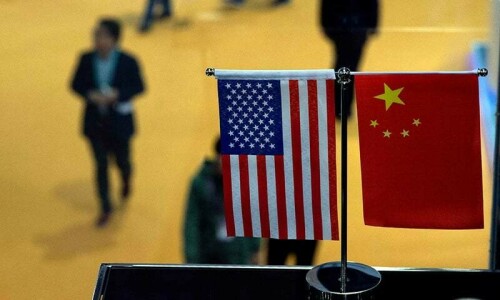he causes of the war of 1857 were the political, social, religious and economic grievances of people. The social reforms put in place by the Company created unrest among many sections of society who were not in favour of the Company’s interference in their social and religious matters.
Some of the major reasons behind the rebellion by Indians were as follows: Indians didn’t like many of the actions taken by the Company which clashed with their religious sentiments. For example, when in order to correctly build a road, the Company demolished a temple, this act brutally hurt the sentiments of Hindus.
There were also objections on the exposure women got in hospitals and the violation of Hindu caste system in hospitals, where patients of all casts were admitted in the same ward, and in railway compartments, where passengers of all casts travelled together; this greatly annoyed the upper cast of Hindus. Thus the rules of the company were not allowing the people to live in segregation, according to their cast system, as they did before.
Abolition of sati and approval of widows’ remarriage also created anger among the Brahman class and the opening schools for girls was disliked.
When the British government confiscated the property of feudal lords, it turned them against the government. Lord Dalhousie’s doctrine of lapse, which prohibited Indian rulers to adopt their heir as the next ruler in case they did not have an heir, created unrest among the rulers who were rightly afraid that by adopting this policy, the government wanted to annex their states.
Many military reforms were also not welcomed by Indian soldiers, these included new haircut, shaving of beard, wearing a cap instead of turban and prohibition of the wearing of earrings and marking tilak on foreheads were unacceptable for the Indian soldiers.
The immediate cause for the great revolt of 1857 was the greasing of the carts with cows’ and pigs’ fat. This was unacceptable to both Hindus and Muslims.
When the government showed reluctance in giving relief to the famine affected areas, the peasants became rebels. On the other hand, the government didn’t consider the plight of the people while collecting tax and revenues, which ultimately annoyed feudal lords as well, who were deprived of their privileges and they joined the disgruntled peasants.
The war of independence was fought on three fronts: Delhi and its neighbouring areas, province of Agra and Awadh. The people who actively fought the freedom war were Nana Sahib, Tantia Tope, Bakht Khan, Azimullah Khan, Rani Laksmi Bai, Begum Hazrat Mahal, Kunwar Singh, Maulvi Ahmadullah, Bahadur Khan and Rao Tula Ram.
Indians couldn’t win the war of 1857 because of many reasons. Indian soldiers were neither experienced nor did they have a strong leadership. They had scarcity of ammunition. Absence of nationalist sentiments also caused the defeat — Indian soldiers who were in the British army remained loyal to the Company and fought against their own countrymen. There were many traitors as well who acted as spies for the Company. All these factors became the reasons behind the defeat of the Indians in the war of independence.
After the victory, the British treated the Indians cruelly. The Mughals were brutally killed and the last Mughal emperor, Bahadur Shah Zafar, was tried on the charges of treason and exiled to Rangoon.
Those freedom fighters who were captured by the British were immediately hanged. Hazrat Mahal and Nana Sahib fled to Nepal where they died. Indians were not allowed to write anything against the British persecution and indiscriminate killings.













































